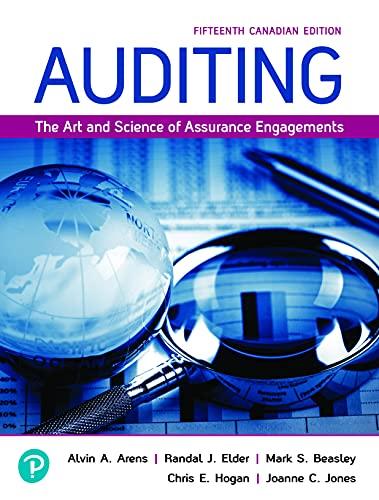
Prior to 2022, many taxpayers deducted research and experimental (R&E) expenditures when they were paid or incurred. a. Explain how this pre-2022 treatment differs from their deductibility in 2022 and later years. b. Would most taxpayers prefer the pre-2022 treatment of R\&E expenditures or their treatment in 2022 and later years? a. Explain how this pre-2022 treatment differs from their deductibility in 2022 and later years. the middle of the year in which they are paid or incurred. the year in which they are paid or incurred. in the current year, they will lose the deduction completely. of the year in which they are paid or incurred. b. Would most taxpayers prefer the pre-2022 treatment of R\&E expenditures or their treatment in 2022 and later years? immediate deductibility of R\&E expenditures, which may have been beneficial if the taxpayer were in a high tax bracket. R\&E expenditures, which may have been beneficial if the taxpayer were in a low tax bracket. The flexibility that pre-2022 tax law provided is not available in 2022 and later years R\&E expenditures, which may have been beneficial if the taxpayer were in a low tax bracket. The flexibility that pre-2022 tax law provided is not available in 2022 and later years immediate deductibility of R\&E expenditures, which may have been beneficial if the taxpayer were in a low tax bracket. Prior to 2022, many taxpayers deducted research and experimental (R&E) expenditures when they were paid or incurred. a. Explain how this pre-2022 treatment differs from their deductibility in 2022 and later years. b. Would most taxpayers prefer the pre-2022 treatment of R\&E expenditures or their treatment in 2022 and later years? a. Explain how this pre-2022 treatment differs from their deductibility in 2022 and later years. the middle of the year in which they are paid or incurred. the year in which they are paid or incurred. in the current year, they will lose the deduction completely. of the year in which they are paid or incurred. b. Would most taxpayers prefer the pre-2022 treatment of R\&E expenditures or their treatment in 2022 and later years? immediate deductibility of R\&E expenditures, which may have been beneficial if the taxpayer were in a high tax bracket. R\&E expenditures, which may have been beneficial if the taxpayer were in a low tax bracket. The flexibility that pre-2022 tax law provided is not available in 2022 and later years R\&E expenditures, which may have been beneficial if the taxpayer were in a low tax bracket. The flexibility that pre-2022 tax law provided is not available in 2022 and later years immediate deductibility of R\&E expenditures, which may have been beneficial if the taxpayer were in a low tax bracket







